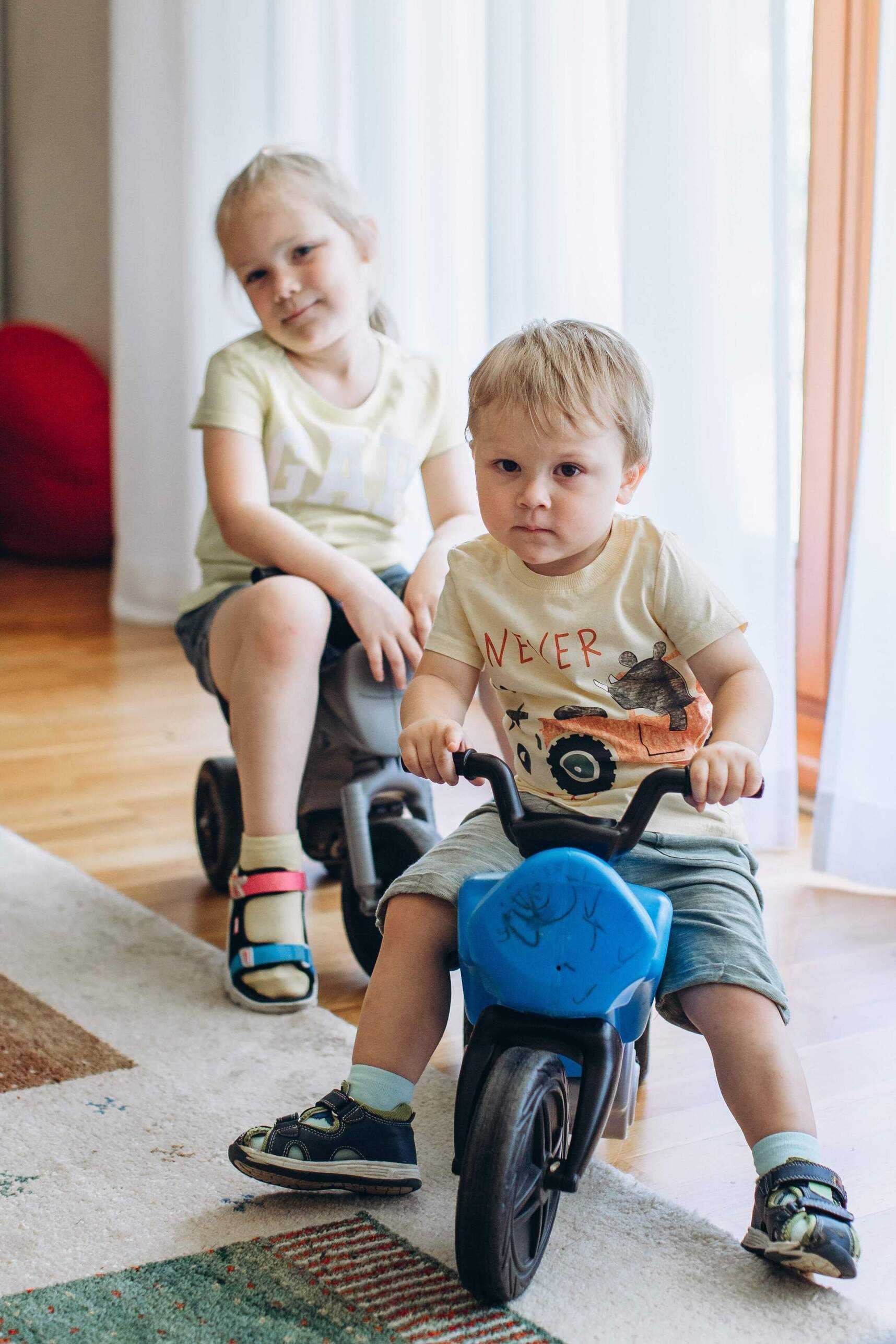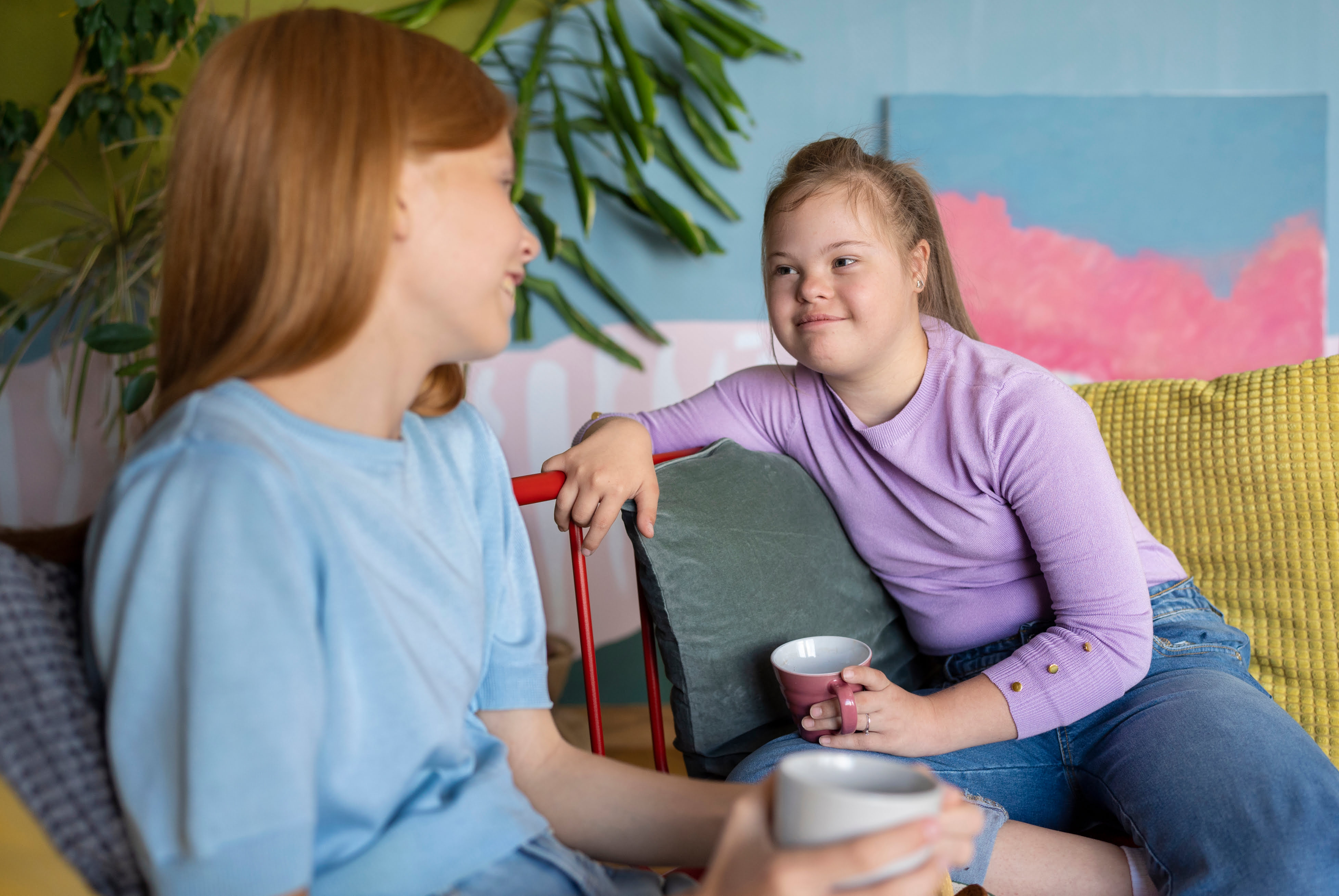Turning Fun into Functional Learning: The Power of Play in ABA Therapy

For children, play is more than just fun. It’s also how they learn, connect, and understand the world around them. For children on the autism spectrum, play can also be a powerful gateway to learning new skills in ways that feel natural, joyful, and deeply engaging.
At the Lizard Centre, we embrace play as a central pillar of our therapy programs. Through the thoughtful integration of play-based strategies within Applied Behaviour Analysis (ABA), we help children build meaningful communication, social interaction, and cognitive skills… all while having fun.
Why Play Matters in Autism Therapy
Children with autism often experience differences in how they engage with play. Some may prefer solitary or repetitive activities, while others might find it challenging to use imagination or share play experiences with peers. But that doesn’t mean play isn’t important. In fact, it’s crucial.
Play helps children learn how to:
- Communicate wants and needs
- Understand cause and effect
- Recognise and express emotions
- Build relationships
- Develop motor coordination and problem-solving skills
For children with autism, play can be used as both a motivator and a medium to teach these foundational skills in a way that feels safe, enjoyable, and tailored to their unique interests.
What Is Play-Based ABA?
Applied Behaviour Analysis (ABA) is a widely used, evidence-based approach that helps children learn new behaviours and skills through structured, measurable interventions. When ABA incorporates play, it becomes a powerful tool to connect with children on their level.
At the Lizard Centre, we use a blend of naturalistic teaching strategies and discrete trial teaching (DTT) techniques, carefully designed to feel like play while still supporting clearly defined learning goals.
Rather than focusing solely on drills or repetition, play-based ABA sessions are:
- Child-led: Therapists follow the child’s interests and preferred toys to keep them engaged.
- Interactive: Therapists join in the play, modelling skills and prompting responses in a natural context.
- Purposeful: Every moment of play is used to teach something — from requesting an item, to waiting for a turn, to building a longer attention span.
In this way, the line between play and learning is delightfully blurred — which is exactly the point.
Building Communication Skills Through Play
For many children on the spectrum, developing communication skills is a key focus of therapy. Play offers countless opportunities to practise these skills in context.
Examples include:
- A child pointing to a toy to request it (non-verbal communication)
- Using signs, picture cards, or spoken words to ask for a favourite activity
- Labelling items or actions during pretend play
- Engaging in back-and-forth “conversations” using toys
Because the play environment is relaxed and motivating, children are more likely to take initiative and participate. Therapists use these moments to reinforce communication attempts and gradually shape them into more complex expressions.
Social Learning Through Shared Play
One of the biggest benefits of play-based ABA is its ability to support social development. This is an area where many children with autism benefit from targeted support.
Through guided play, children can practise:
- Taking turns
- Imitating others
- Joint attention (looking at something together)
- Responding to social cues
- Playing cooperatively
These are skills that often emerge naturally for neurotypical children but may need to be explicitly taught to children on the spectrum. Using structured games, imaginative scenarios, and peer play, therapists can create opportunities for social growth that feel enjoyable rather than pressured.
Group sessions or peer-based programs at Lizard Centre are especially effective in promoting these interactions in a supportive environment.
Supporting Cognitive Development Through Play
Play isn’t just about socialising. It’s also how children explore new ideas, solve problems, and build thinking skills. Within a play-based ABA framework, therapists guide children through activities that challenge memory, attention, sequencing, and categorisation.
For example:
- Sorting blocks by colour or shape builds early cognitive and academic skills
- Completing puzzles or matching games promotes visual-spatial reasoning
- Engaging in pretend play encourages imagination and symbolic thinking
Because these tasks are embedded in play, they are more likely to hold the child’s attention and be repeated, which are essential ingredients for learning.
Tailoring Play to the Individual Child
No two children are the same, and that’s especially true when it comes to play preferences. Some children love messy sensory play; others might gravitate toward trains, spinning objects, or superhero toys.
At the Lizard Centre, we make it a priority to get to know each child’s interests and incorporate those preferences into sessions. This not only increases engagement, but also fosters a sense of ownership and joy in learning.
By meeting the child where they are, both developmentally and emotionally, we’re able to turn their favourite activities into stepping stones toward greater independence and confidence.
Parent Involvement: Bringing Play into the Home
Therapy doesn’t stop when the session ends. One of the most effective ways to support a child’s progress is to continue learning through play at home.
Our team at Lizard Centre partners closely with families, providing guidance on how to:
- Set up play environments that encourage communication
- Use toys and games as teaching tools
- Prompt and reinforce desired behaviours naturally
- Recognise opportunities for learning during everyday routines
This collaborative approach ensures that learning is consistent, meaningful, and reinforced across all settings, creating a strong foundation for continued development.
Play with Purpose: The Lizard Centre Difference
At its heart, play-based ABA is about more than just fun. It’s about connection, empowerment, and growth. When therapy feels like play, children are more motivated, more engaged, and more likely to succeed.
At the Lizard Centre, our approach is built on:
- Evidence-based methods grounded in ABA
- Individualised programs tailored to each child’s needs
- A commitment to neurodiversity, inclusion, and strengths-based learning
- A belief that learning should be joyful
By turning fun into functional learning, we create a space where children can thrive… not just in therapy, but in life.
Published On : July 7, 2025
Read more
Published On : July 31, 2025
For many children living with autism, the world can be an overwhelming place. From unpredictable transitions to complex social cues, everyday situations often carry an added layer of challenge. One powerful, evidence-based way to support children through this complexity is the use of visual supports—tools that clarify expectations, reduce anxiety, and promote independence.
Published On : August 4, 2025
Recent changes to the National Disability Insurance Scheme (NDIS) have introduced new frameworks and requirements that directly impact families of children with autism. Understanding these developments is crucial for navigating support options effectively.


